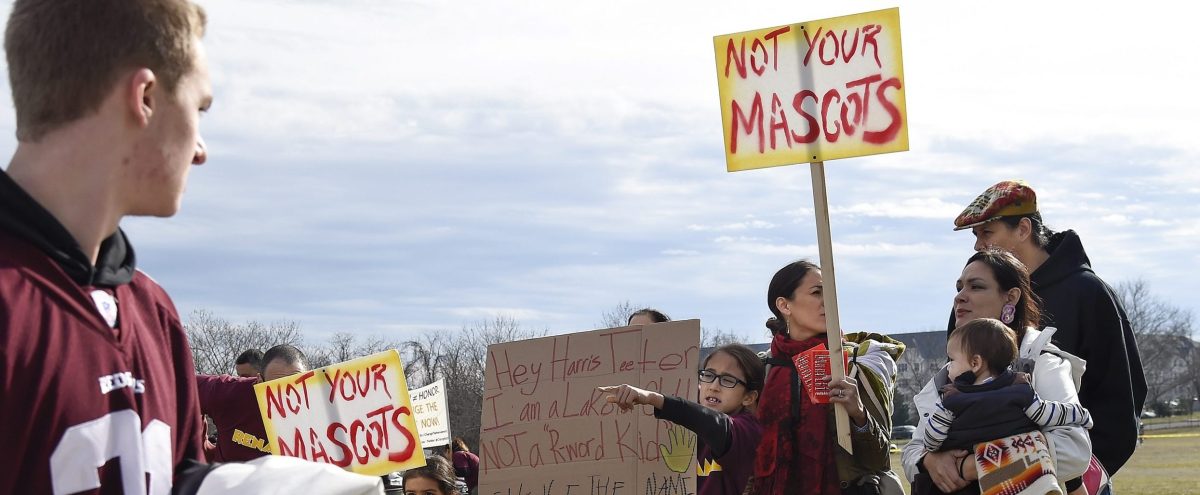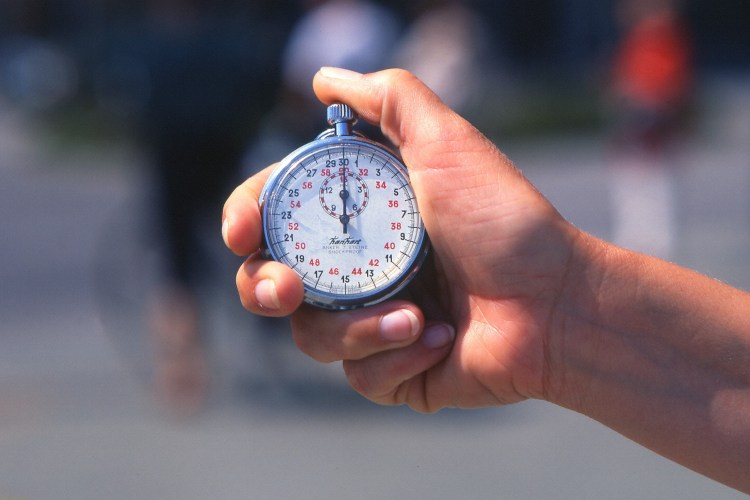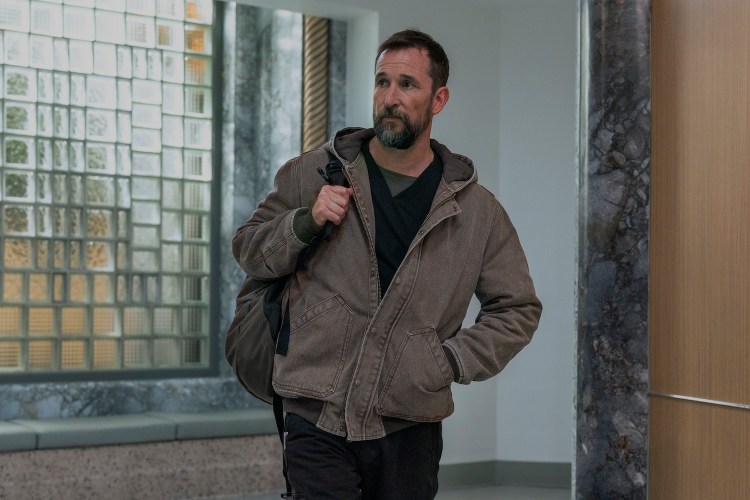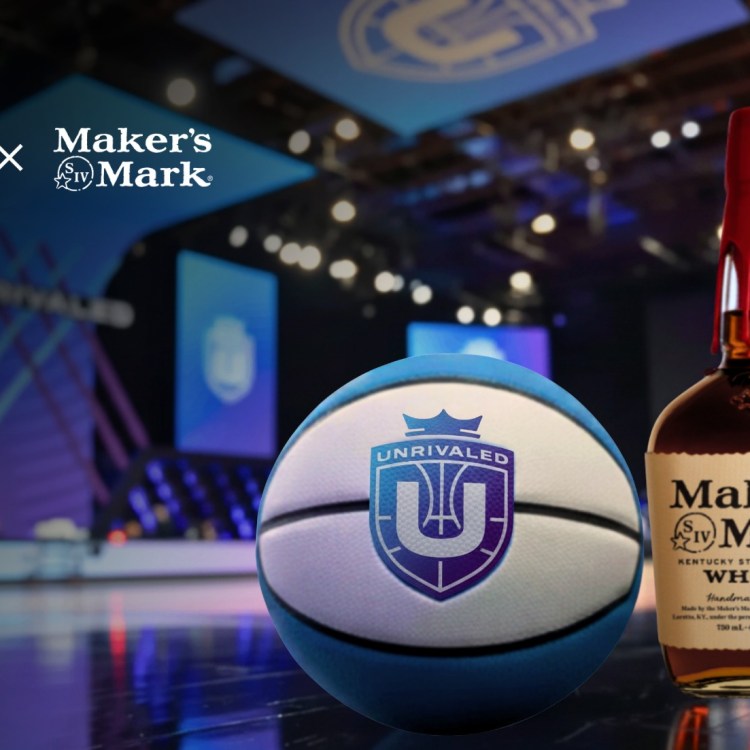The NFL hasn’t given Native American advocates much to be thankful for this Thursday.
Considering the controversy that continues to rage over the Washington Redskins name and mascot, the NFL’s decision to schedule the team to play the New York Giants on Thanksgiving blindsided many in indigenous communities.
“The decision to host a game on Thanksgiving Day with the Washington football team illustrates the continued lack of civility and deference the NFL shows Native communities,” said Ahniwake Rose, the executive director of National Indian Education Association.
“Native youth continue to witness and endure racial slurs and derogatory caricatures of their culture on national television and in schools. The NFL continues to take misguided steps on issues of racial equity; this game is another striking example of prioritizing dollars instead of human lives.”
It’s a perceived show of disrespect because of the origins of Thanksgiving, itself a symbol that inspires mixed feelings for indigenous people. On paper, at least, the history books fete the holiday as an acknowledgment to the role the Wampanoag Indians had in helping the Pilgrims survive after arriving from England.
And because the team takes the field on Thanksgiving, the game will have a national audience on NBC.
“We were a little distraught when we saw the schedule pops up and the Washington team would be playing on Thanksgiving Day,” Jacqueline Pata, the executive director of the National Congress of American Indians, the advocacy group at the center of the fight against the name, told RealClearLife.
“It is a time of year when people think about Native Americans as part of their cultural lives. As Native people, we have always had our fall feast days as celebrations of the harvest.
“You would think at least on that one day of the year that Native Americans would be thought of in a respectful way.”
To that end, Pata, a member of the Raven/Sockeye Clan of the Tlingit Tribe, and the NCAI sent out a letter asking sportscasters to not use the team’s name on air out of respect for Native Americans. Some outlets, including the New York Daily News, already officially stopped using the team name in coverage.
At issue with the Washington nickname is the historical significance of the term — a slur that natives say is as offensive as the N-word is to African-Americans. There is some scholarly debate over the true origin of the word, whether it began as a way natives described their people to French traders in the 1700s. But there is no argument that the phrase became used much more literally and sinisterly by the 1860s — when newspaper ads offered bounties for every scalp or skin brought in as proof of a slain Indian.
The team itself, though, is looking at much more recent history —the 84 years since the Boston Braves changed their name to the franchise’s current one. In professional sports, that’s an ancient legacy with a lot of jerseys and licensed goods sold.
Snyder has also pointed at polls by the Annenberg Public Policy Center in 2004 and The Washington Post 12 years later as proof that 70% of Native Americans are not bothered by his team’s name.“The Washington Redskins team, our fans and community have always believed our name represents honor, respect and pride,” he said in a statement to The Washington Post in 2016.
“(The term) is part of our country’s darker history from a time when the idea was to extinguish Native Americans,” said Pata. “I’m not sure that term that could ever be turned into something considered honoring when it has such impact.”
It has become frustrating for the name-change advocate that promising momentum from several years ago has seemed to lose steam under the Trump administration. In 2014, 50 senators signed a letter urging the NFL to for a name change. That same year, the Trademark and Trial Appeal Board, in a 2-to-1 ruling, ordered the cancellation of Washington’s six federal trademark registrations because of the associations with the name and imagery — a salvo in a legal fight that the team is trying to take all the way to the Supreme Court.
Natives have seen greater change at the high school and college level, where many teams have ditched their Indian-themed monickers and mascots for more politically correct ones. The NCAA forced the issue in its own ranks starting in 2006 with a ban of Indian-themed mascots during the postseason, effectively forcing colleges and universities to play ball if they wanted to play ball.
There is no sign, however, that National Football League and its Washington franchise will shift their positions anytime soon. Certainly, not if the Thanksgiving schedule is any sign. (Reps for the NFL did not respond to RCL requests for comment.)
“Every time you see that mascot or hear that team name,” said one native educator who wished to remain anonymous, “it’s a continual slap in your face.”
The Charge will help you move better, think clearer and stay in the game longer. Subscribe to our wellness newsletter today.

























